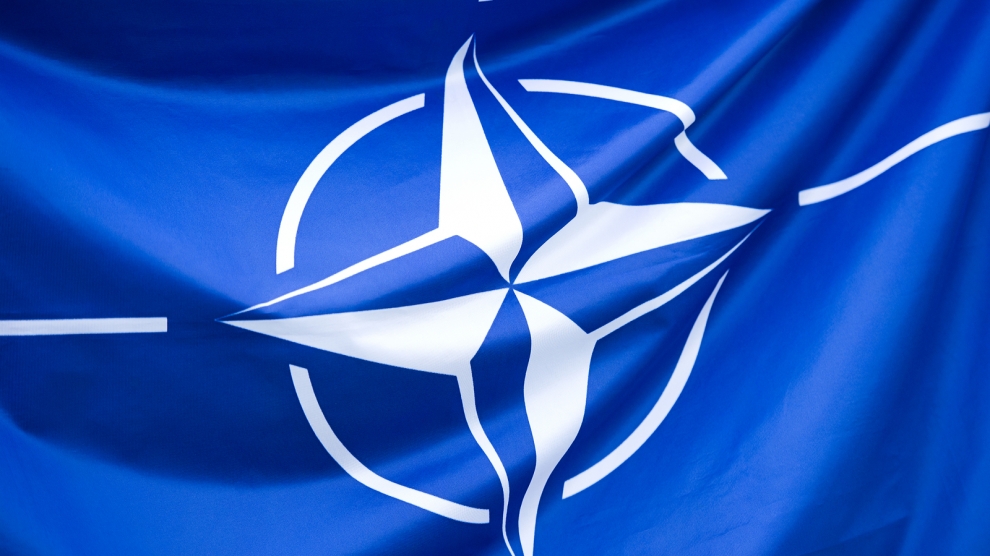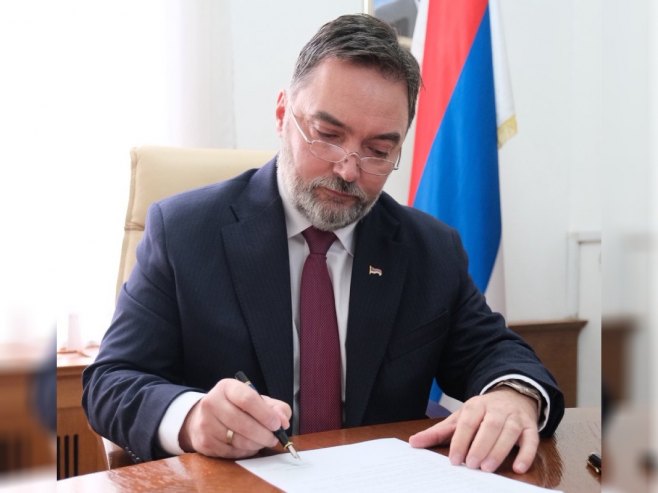Whenever I am asked to comment on messages coming from the European Union, I recall my time serving in the 67th Signal Corps of the Main Staff of the Army of Republika Srpska during my military service. One of the golden rules we learned as signal operators was never to forward a received or intercepted message—whether sent through open or encrypted communication channels—without ensuring that the content of the received message corresponds exactly to the one that was sent or intercepted. Thanks to this principle, we avoided causing losses on our side, and I must note that the communications system of the Army of Republika Srpska, despite being a primary target of enemy air attacks, never failed, writes legal expert Ognjen Tadić for banjaluka.net.
The full column is presented below:
Understanding the European Union
Since the end of the war, we’ve often heard that EU messages must be “read between the lines,” as they supposedly use a sophisticated diplomatic language to convey what cannot be openly stated. However, my experience tells me that understanding the exact content of these messages rarely necessitates reading between the lines. More often than not, doing so only serves as an excuse to avoid confronting their clear meaning.
Bosnia and Herzegovina (BiH), however, is unique in its ability to twist everything into something it’s not—a prime example being the interpretation of the Dayton Agreement and, in particular, the BiH Constitution as one of its annexes. To correct such misunderstandings, we must employ objective methods.
A case in point is the conclusions of the European Council on December 17, 2024, which have been interpreted in political Sarajevo as “the European Council prioritizing citizens over constituent peoples in BiH.” Let’s examine the reality of this claim.
What is the EU?
The EU is a construct of national states, founded on Western values to regulate their relations in a way that ensures peace as a prerequisite for development and prosperity. Shaped by the traumas of World War II, the EU’s initial and subsequent expansions aimed to eliminate structural, political, economic, cultural, and ethnic conflicts, as well as those influenced by external powers or resulting from wartime disputes. This included transitional conflicts from the Cold War era.
Through this process, the EU became a robust construct harmonizing numerous states previously on opposing sides in WWII and the Cold War. Until Brexit, little could be criticized about the EU’s foundational idea. Brexit, driven by the UK’s self-interest, affirms the principle of national sovereignty at the core of the EU’s framework.
BiH and the EU’s Approach
When dealing with BiH, EU policymakers view the Federation of BiH, dominated by Bosniaks, as a “mini-Turkey” and Republika Srpska as a “mini-Russia.” Regardless of the accuracy of this assessment, it shapes their perception of BiH’s internal dynamics as mirroring the factors that triggered World War I. Consequently, EU policies aim to exclude Russian and Turkish interests while prioritizing those of EU member states, despite these members historically being on opposing sides in earlier conflicts.
This approach raises questions about the values and interests underpinning the EU’s actions, such as why Germany and France now share common goals despite being adversaries in World War I. Answering this would require a geopolitical study extending beyond the scope of this column.
Misinterpretations and Sarajevo’s Role
Political Sarajevo often misinterprets EU messages, mistakenly viewing them as endorsing Bosniak dominance over other constituent peoples. For instance, when the EU states that a “citizen-based model” must be prioritized over an “ethnic model,” it does not imply support for majoritarian rule. Instead, it suggests reforms such as creating distinct electoral units for electing two members of the BiH Presidency from the Federation, ensuring fair representation for all communities.
Republika Srpska’s Position
Republika Srpska has consistently supported the notion of a complex BiH structured as a real union, encompassing elements of both federalism and confederalism. While the Dayton Agreement introduced certain discriminatory practices through constitutional changes, Republika Srpska itself has never institutionalized discrimination against any group.
Moving forward, BiH’s progress on the EU path depends on political Sarajevo understanding and proposing solutions that align with EU expectations, such as ensuring the election of an authentic Croat representative in the Presidency. Misinterpreting EU messages as support for majoritarian domination only hinders BiH’s European aspirations.
Conclusion
The EU’s messages to BiH are clear, but their implementation requires nuanced understanding and action. Republika Srpska has demonstrated a readiness to engage within the framework of the Dayton Agreement, but progress will only be possible when all political actors, including Sarajevo, align their actions with EU principles and expectations.
Source: RTRS









